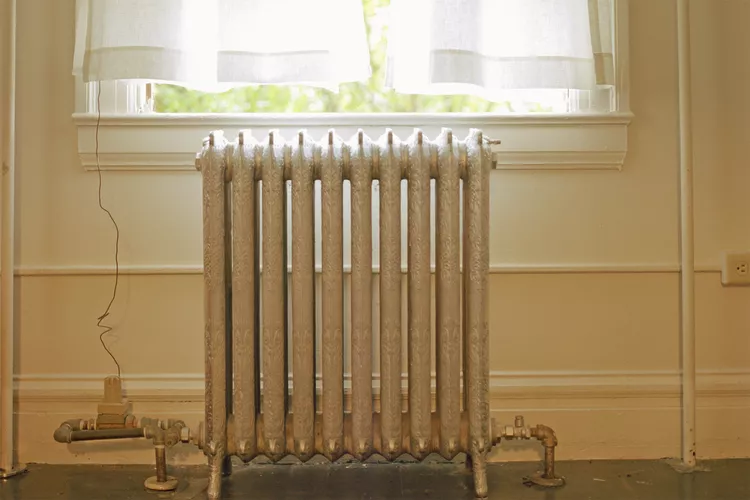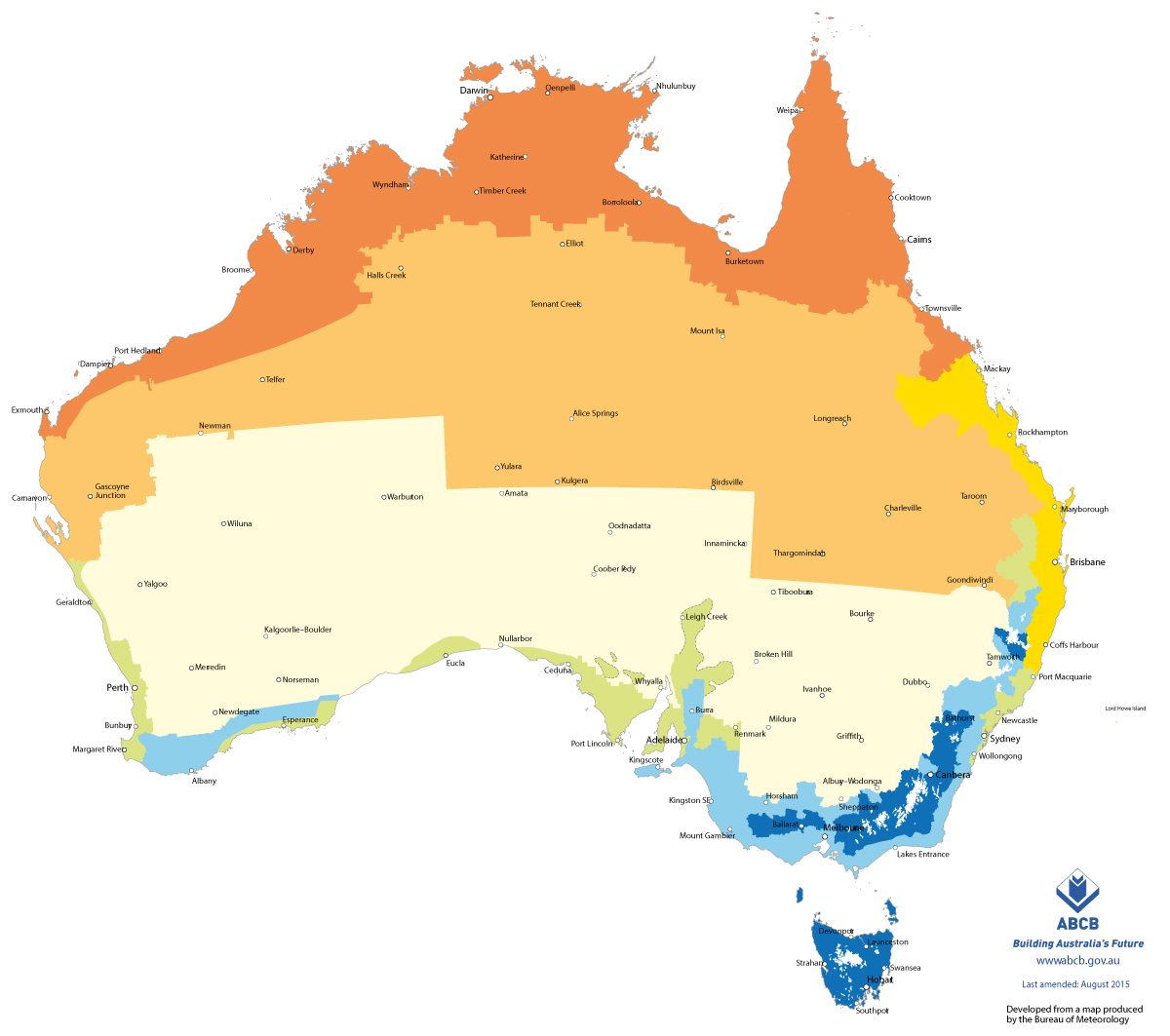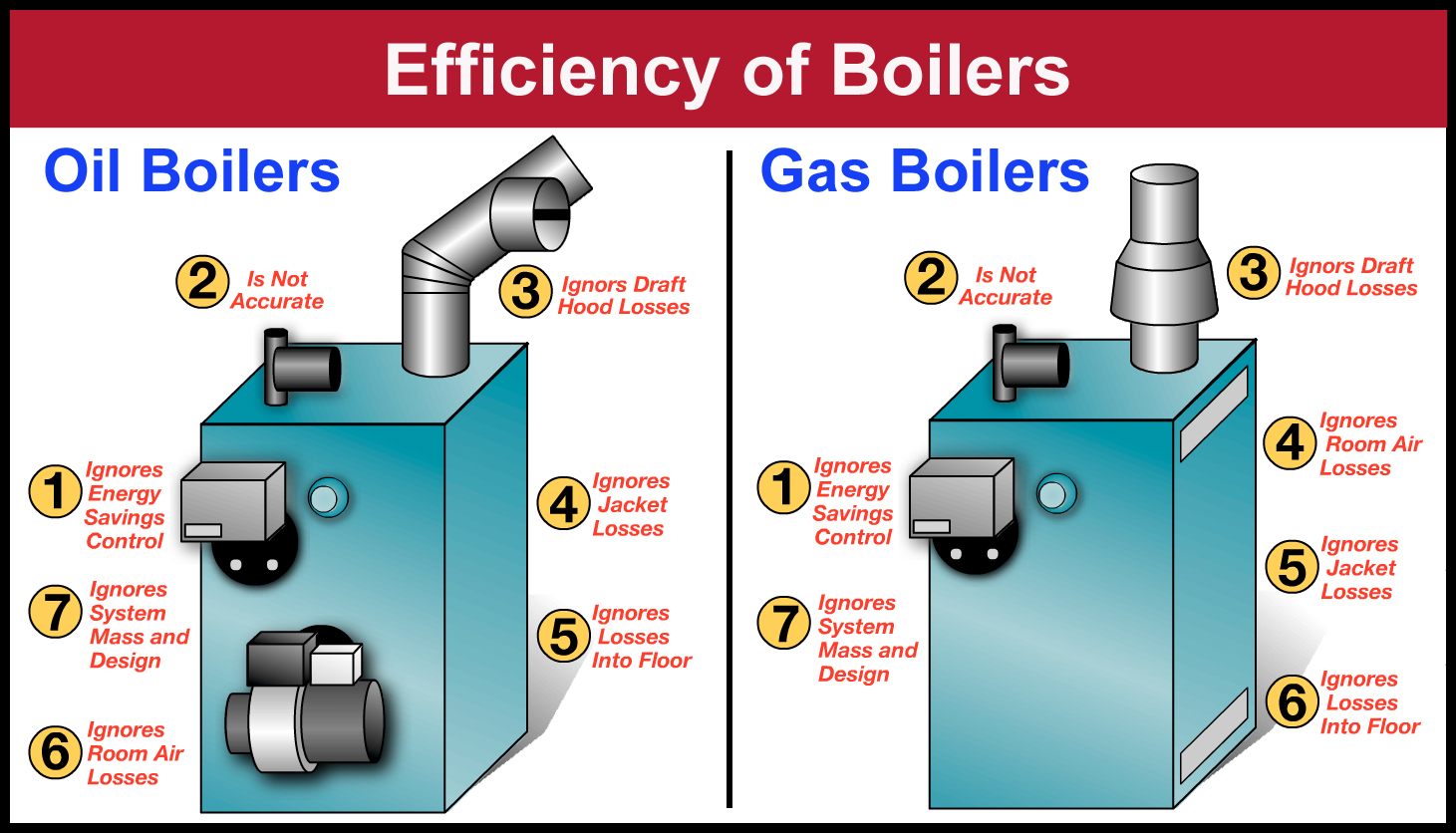As the backbone of your home's heating system, a reliable boiler is not just a convenience - it's a necessity, especially during the chill of winter. The warmth and comfort of your living spaces hinge on this critical component, making the decision to install a new boiler or replace an old one both important and, at times, urgent. With the myriad of options available in today's market, understanding the costs involved is the first step in making an informed decision that aligns with your needs and budget.
Whether you're embarking on the journey of homeownership for the first time or facing the reality of replacing an aging system, the investment in a new boiler comes with its share of questions. How much will it cost? What type of boiler is best suited for my home? How can I ensure that I'm making a cost-effective choice? This article aims to demystify the process, offering a detailed look into the costs associated with boiler installation and replacement, factors that influence pricing, and tips for navigating the purchase with confidence.
By equipping yourself with the right information, you can select a boiler that not only fits your budget but also enhances your home's energy efficiency and comfort for years to come. Let's delve into what you need to know about boiler costs, helping you warm up your home without burning through your wallet.
In this article, we will discuss how much you may need to pay for boiler installation and replacement if you decide to go through with it.

Average Cost for Boiler Installation
The average cost of boiler replacement is $8300. However, based on the fuel and system type, the size and complexity of your home, the price may vary from $3,100 to $13,500.
While the standard boilers are the most affordable, high-efficiency boilers and combination boilers can offer great savings over time.
For example, high-efficiency boilers can help reduce your energy bills. And if you opt for a combination boiler, you can use it to run hot water in your dishwasher and washing machines as well.
Boilers are a type of HVAC system for your home. You must consider budget, climate, and other infrastructure before purchasing one.
How to Calculate New Boiler Prices
Boiler price depends on different factors such as fuel and system type. Also, the size of your home and the climate of where you live play a huge role. Based on these factors, you need to determine the size of the boiler. The larger the size, the greater the price will be.
Boiler size is measured in BTUs (British thermal units). Here’s how you can determine BTU rating:
- Calculate the home’s square footage
- Multiply it by the regional factor (25 to 70). The factors coordinate with your region’s climate.
Here are the regional factors:
- 25 to 40: Hot and warm climates, including the Northern regions
- 40 to 50: Moderate climates, including NSW and lower Queensland.
- 50 to 60: Colder climates, like the Victoria and mountainous regions
- 60 to 70: Frigid climates, like Tasmania or New Zeeland
If your home is relatively new, you need to use the lower number. The older the home, the higher the number will be to determine how large of a boiler you need.

New Boiler Costs by House Size
If the house is 1500 square feet, the average cost of a new boiler will be $5700, for 2000 square feet, it’s $6500, and for 2500 square feet, the average cost will be $7100.
Based on the square footage of your home, the lowest and highest prices will be something between $4500 and $8600.
Boiler Replacement Cost
By System Type:
The boiler replacement cost depends on the type you’re planning to purchase. The standard one will be the most affordable while the combination or high-efficiency will cost more.
Standard or conventional boilers: the prices of standard boilers range from $2,000 to $6,500.
System boilers: these boilers can cost from $3,000 to $6,000. System boilers can heat your home, as well as your potable water supply.
Combination boilers: They are similar to system boilers but are tankless. Combination boilers can cost between $2,600 and $7,000.
High-efficiency boilers: as the name suggests, they can be used as a high-efficiency heating system and can cost between $6,000 and $11,000.
Heat Pump Water Heaters: Heat pump water heaters (HPWHs) are an energy-efficient alternative to conventional boilers, using electricity to move heat rather than generate it directly. While the initial installation cost can range from $3,500 to $9,000, HPWHs offer substantial energy savings over time, making them an appealing choice for eco-conscious homeowners. Additionally, HPWHs are highly efficient in mild to warm climates but may require a supplemental heating source in colder regions to maintain optimal performance.

Boiler Costs by Fuel Type
Oil: These boilers can cost from $4,700 to $7,900. Once popular, oil boilers are not very common these days since the price hike of Oil.
Electric: Electric boilers are efficient and can cost as low as $2,000. Since they heat slowly, they are not good options for large homes.
Propane or Natural Gas: The propane or gas boiler installation may cost you between $3,400 and $10,300. The price may look high but they are cheaper to run if the natural gas is available in your area.
Wood: Wood boilers are really expensive and may cost you $10,000 or more. But if woods are available they can ensure cheap running costs.
Don’t be scared after looking into the price. If you’re 60 years old and above, you may get some benefits from the government based on where you live. Some countries offer free boiler for those over 60s to ensure that senior citizens can stay comfortably at their homes.
Residential Boiler Costs by Brand
Below are some of the boiler brands and their price.
Brand | Price |
|---|---|
Burnham | $1,300 - $5,400 |
Bosch | $2,000 - $4,500 |
Crown | $1,700 - $4,600 |
Navien | $1,800 - $4,500 |
Lennox | $1,700 - $6,600 |
Peerless | $1,600 - $5,600 |
Utica | $1,700 - $5,800 |
Factors That Affect Boiler Installation and Replacement Costs
Home Size: larger homes are difficult to heat. They will require larger boilers, which eventually cost you more. Though combination boilers and electric boilers are among the most affordable options, they are not suitable for big houses.
Boiler Type: this is one of the largest factors that can affect the cost. If you go for a high-efficiency boiler, it will cost you five times more than the standard one.
Water vs. Steam: Conventional boilers offer two options as heat sources, hot water or steam. Steam boilers can work faster and can reach up to 212 degrees Fahrenheit or more. They are also more expensive than their hot water counterparts.
New vs. Existing Installation: Replacing a boiler is cheaper than installing a new one, though there is a small cost associated with removing the existing one. The contractor may install ductwork and lay new pipes throughout your home while installing a new boiler.
Fuel Source Conversion: If you get a boiler that uses a different fuel type (for example, changing from electric to gas or the other way around), you might have to plan for extra tasks, such as putting in new pipes, electrical outlets, or valves.
Additional Costs and Considerations for Installing or Replacing a Boiler
Permits: Boiler installation usually requires getting a permit, which may cost you from $50 to $300. Besides, you have to pay for the inspection, which may cost you an additional $50 to $75.
Ductwork and Gas Lines: The kind of boiler you pick might mean changing your current ductwork (or putting in new ductwork). For a gas boiler, you might have to bring in a plumber to set up a new gas line.
Asbestos Removal: Asbestos Removal: If your contractor discovers asbestos while checking your current ductwork, your project expenses might go up significantly. You’ll need to hire a professional for safe removal, which can cost between $1,200 and $3,000. Experts from Asbestos Australia, emphasize that licensed removalists have the specialized tools and knowledge to handle asbestos safely. Disturbing asbestos can release dangerous particles into the air, endangering everyone in the vicinity.
Part Replacement: Boilers are multi-faceted machines that rely on various parts to get the job done. From the heat exchangers, condensate pump, Diverter valves, and more. Some of these parts can be more cost-effective to replace, whereas other parts such as the PCB board may wind up being more costly, where a replacement boiler may make more sense.
Time of The Year: Boiler installation costs often go up in winter since more people want to heat their homes. While boiler prices might be lower in the summer, you'll have to pay the regular price in winter. Also, heating contractors might ask for a higher hourly rate during their busy winter months.
All these prices mentioned can be changed based on where you live.
Tips for Replacing a Boiler with a Heat Pump Water Heater
Switching from an oil-based boiler to a more efficient, environmentally friendly heat pump water heater (HPWH) is a promising way to reduce both energy costs and carbon footprint. For homeowners with baseboard heating, the high-capacity Sanco2 HPWH offers an effective option for this transition. Here’s a setup approach to consider:
- Transition to Cleaner Energy: Moving from oil to a heat pump system can reduce utility expenses and environmental impact.
- Leveraging Existing Heating: Retain baseboard heating by using the HPWH’s heating capacity to power the system effectively.
- Efficiency Focus: Set up the system to prioritise hot water while enabling circulation to the heating system when the HPWH tank reaches full capacity and outside temperatures fall below a specified threshold.
Proposed Setup:
- HPWH Location: Install the HPWH in the space currently occupied by the indirect tank to maintain easy access and reduce installation requirements.
- Repurpose the Indirect Tank: Relocate the indirect tank to the boiler’s original position and reconfigure it as a closed-loop system for baseboard heating.
- Install a Circulating Pump: Partnering with an Australian-based solution, such as Streamline Pumps Solutions, connect the HPWH and indirect tank with a circulating pump for temperature synchronisation, adding extra effective storage capacity for both water and heating.
Additional Considerations:
- Temperature Stability: Ensure the HPWH maintains a stable temperature for both hot water and heating, as efficiency may vary in colder weather.
- Smart Controls: Look for a smart control hub, such as Ecobee or Honeywell’s smart zoning systems, with programmable settings to optimise pump and valve operations based on temperature and demand. Smart sensors can further help customise these functions for better energy efficiency.
Boiler Repair vs. Replacement Costs
You may have to pay between $200 and $600 for boiler repair based on the issue. You can hire an HVAC technician to save some money if your boiler needs repair work but has otherwise been reliable.
But if your boiler gets old and inefficient, and requires regular repair work, then it’s wise to opt for a new boiler. If the repair work requires more than a typical boiler price, you may want to skip the repair and buy a new one instead.
Conclusion
Understanding the costs associated with boiler installation and replacement is crucial for homeowners, especially during the winter when heating needs are paramount. The type of boiler, fuel source, and home size all play vital roles in determining the overall expenses.
While standard boilers are more budget-friendly, high-efficiency and combination boilers offer long-term savings. Consideration of factors like ductwork, gas lines, and potential asbestos removal further influences costs.
Timing is key, with winter installations often incurring higher expenses. Additionally, obtaining permits and factoring in inspection fees adds to the overall expenditure.
For those contemplating boiler repair versus replacement, evaluating the long-term efficiency and potential savings is essential. Stay informed, assess your needs, and make well-informed decisions for a warm and cost-effective home.
